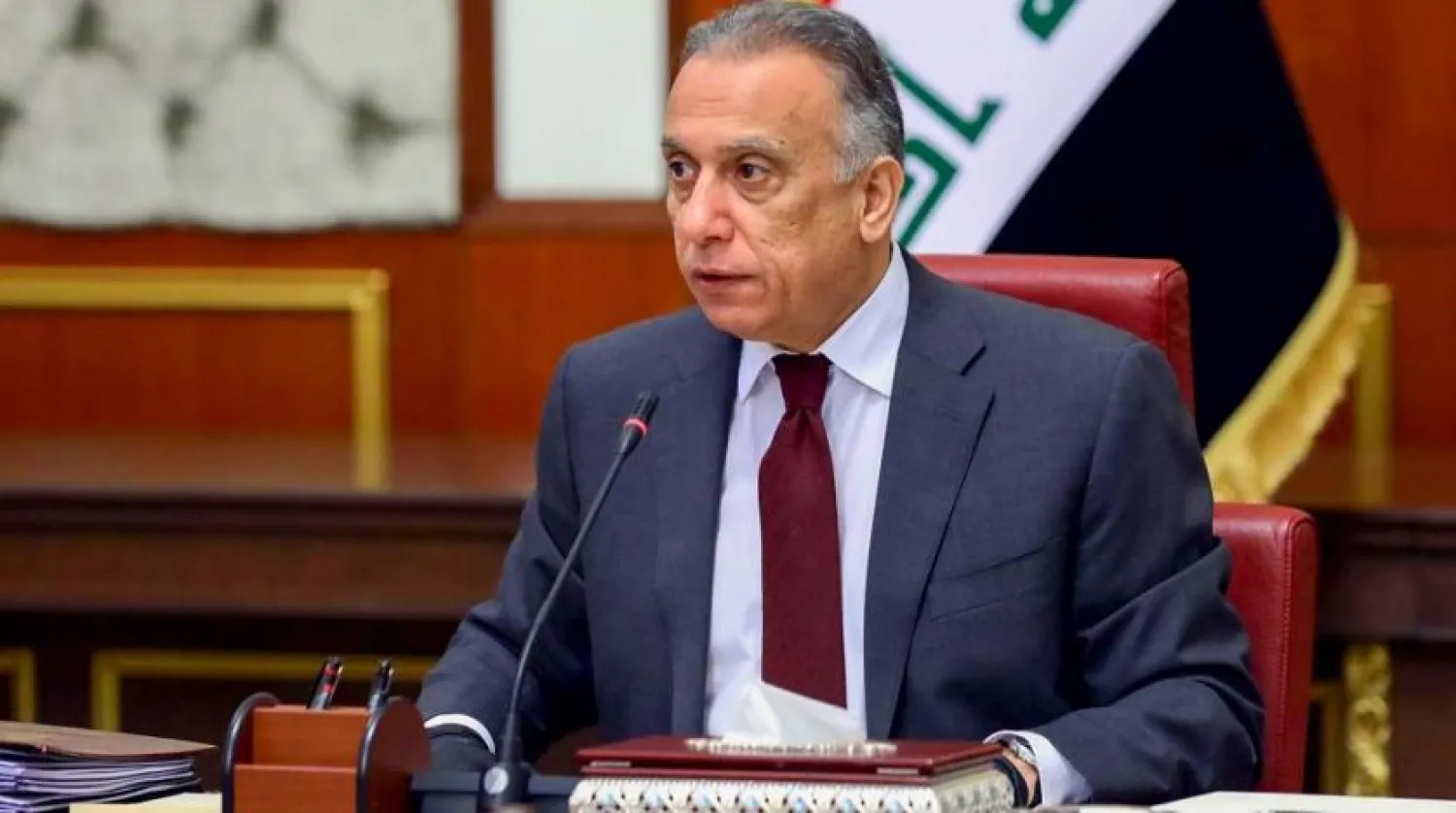Prime Minister Mustafa Kadhimi will travel to Turkey next week to discuss security, water and economic issues, Iraqi government sources said Friday.
Iraqi ambassador to Ankara Hassan Al-Janabi said the visit will take place on December 17, and it involves a meeting with Turkish President Recep Tayyip Erdogan.
“Kadhimi’s trip will be preceded by Foreign Minister Fuad Hussein’s working visit to Iraq, to set the stage for agreements on security and other political and economic issues,” the diplomat said.
Water, the incursion of Turkish forces and their presence inside Iraqi lands, and the efforts of the two countries to confront the Kurdistan Workers' Party (PKK), which is active inside Iraqi territories, will top the agenda of the talks.
Ankara maintains a military force in the Bashiqa area, in Nineveh Governorate, in addition to deploying troops in the border region of Iraqi Kurdistan, under the pretext of fighting the PKK.
Repeated Turkish airstrikes in Iraqi territories have caused political tension between the two countries in the past months and years.
The Iraqi Ministry of Water Resources proposed on Friday to hold talks with Turkey early next year to determine Iraq's share of the Tigris and Euphrates waters.
"It is likely that the talks will be held early next year to determine the fixed share of water,” a ministry spokesman, Aoun Diab, told the Iraqi News Agency.
Iraq has complained for years that the Turkish and Iranian authorities are obstructing Iraq's water supply.









